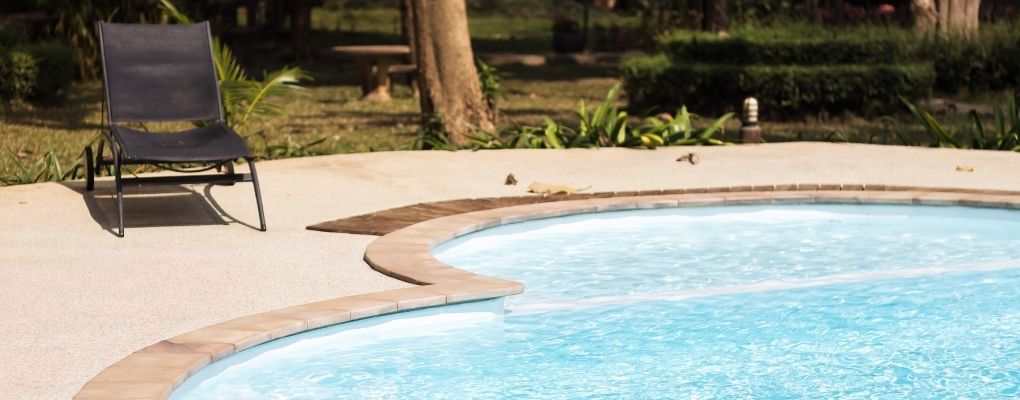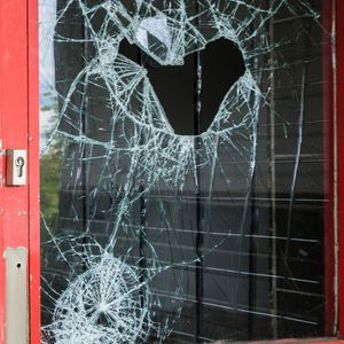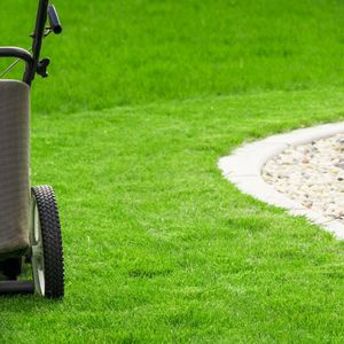
Reading Time: 4 Minutes
Swimming Pools and Rental Properties: Who Does What?
While a sparkling blue pool will look fantastic in your marketing photos, it’s worth considering the maintenance costs before installing a pool or purchasing an investment property with one.
With summer just around the corner, rental properties with swimming pools are definitely appealing, but they often involve a surprising amount of maintenance. If a pool is poorly maintained it could detract from your property’s desirability, rather than adding to it.
Who Looks After the Pool in a Rental Property?
Where a swimming pool is included in a tenancy it is usually the landlord’s responsibility to maintain it. Keeping pool water clean is serious work. The water requires testing and chemicals must be added as needed, debris such as leaves must be removed and the filtration and heating systems need to be monitored. It is worth considering employing a professional to ensure the pool is maintained to the correct standard.
Safety Considerations
Swimming pools also pose a safety risk. Landlords have a duty to keep their properties safe. Slippery pool surrounds and broken pool fences are ultimately the responsibility of the landlord. It is recommended that landlords check with their local council to ensure their pool fencing is up to standard before letting a property. Dirty pool water can also become a health hazard.
Put it in the Tenancy Agreement
It is imperative to include who has responsibility for pool maintenance in the tenancy agreement.
Under the Residential Tenancies Act, landlords are responsible for the maintenance of the premises and tenants are required to keep the premises reasonably clean and tidy. The landlord will usually be responsible for the overall maintenance of the pool whether or not a tenant is using it. However, tenants are generally responsible for day-to-day jobs, such as removal of leaves and branches. As there is no statutory provision for who is responsible for pool maintenance, set out your expectations in your tenancy agreement.
To encourage best practice, include a clause that the tenant should get in touch immediately if the pool fence or gate is damaged or other safety risks are identified.
If you choose to allow your tenants to carry out all pool maintenance, you will have an obligation to train them and provide a written list of instructions. As pool maintenance is a skilled activity, leaving the job to a professional contractor is often in a landlord’s best interest.
Check Equipment Annually
Whether you decide to take care of the ongoing pool maintenance yourself or delegate this to your tenant, it is worth having your pool equipment checked to ensure it is running efficiently every 12 months. This will safeguard you against mechanical failures and provide peace of mind for you and your tenants.
For further property management advice, contact the helpful Crockers Property team on 0800 276 2537.







